How Bill Cosby Ruined a Perfectly Good Banned Books Week
 Tomorrow I’ll be posting the latest episode of my blog with my sister Fuse 8 n’ Kate. In it, we’ll be reading a picture book challenged relatively recently somewhere in the continental U.S. To find such a book I consulted the American Library Association’s listings of Frequently Challenged Books. As I scrolled through the lists by year I was struck by a change in the challenges.
Tomorrow I’ll be posting the latest episode of my blog with my sister Fuse 8 n’ Kate. In it, we’ll be reading a picture book challenged relatively recently somewhere in the continental U.S. To find such a book I consulted the American Library Association’s listings of Frequently Challenged Books. As I scrolled through the lists by year I was struck by a change in the challenges.
But first, a word about Banned Books Week. It only comes but once a year while challenges to the books on our shelves happen constantly. As many of us know, most complaints do not become formal right away. Libraries are charged with providing all books for all readers. For any one reader to say they know what is best for their fellow readers is inherently problematic. When I worked for New York Public Library I was only made aware of about 2-3 challenges to books for youth. Generally, the patrons wouldn’t ask to remove the book from the shelves but instead to move it to the YA or adult section of the library. Other libraries in this country aren’t so lucky, particularly those in schools. As such, I should note right here and right now that I have only ever worked in libraries in politically liberal districts. The issue that I’m bringing up today is informed by this perspective, so take what I say with a grain of salt. I have never created a Banned Books Week display in a community that might take that display and consider banning materials from it.
ADVERTISEMENT
ADVERTISEMENT
Now it is standard practice for a library to do a big Banned Books Week display of some sort (note: librarians have also been known to wear Banned Books bracelets, earrings, necklaces, shirts, etc.). It’s simple. You buy some yellow police tape, make a pile of books, and then just wrap the whole thing up. Patrons love it when you use the word “forbidden”. And I don’t want to brag (<– lie) but my library also had a killer idea for a program to host along with Banned Books Week, seen here:
So here I am paging through the Frequently Challenged Books list when I noticed something new. Something I don’t remember encountering before.
Let’s do a visual example of this. This is from ALA’s Office of Intellectual Freedom. A very cool poster/banner of the 2016 challenged titles.
If you read the title of my blog post today you see the problem. For the first time, Bill Cosby’s “Little Bill” series is being challenged in libraries, not because of the content, but because of the criminal sexual allegations against the author. Similarly, reading through the Frequently Challenged List I found these two recent challenges:
- 2014 – If I Ran the Zoo by Dr. Seuss is challenged in Vancouver for its “racial stereotypes of Asians”. No mention is made of the racial stereotypes of Africans and people from the Middle East.
- 2015 – Tintin in America by Herge is challenged in Winnipeg for its “stereotypical and racist depictions of indigenous peoples.” [Tintin in the Congo was also challenged in 2012]
It think it’s fair to say we won’t be seeing any of these books on a bracelet in the near future. This implies that to some degree some books are okay to promote during Banned Books Week while others would prove far more difficult to defend if you placed them under a large banner that read, “Celebrate Freedom. Read a Banned Book.”
I’m acting like this is a new development, but any librarian worth their salt would be quick to tell you that books being challenged for racism, sexism, homophobia, etc. aren’t a recent phenomenon. As one example, The Adventures of Huckleberry Finn has been challenged repeatedly for its use of the n-word over the years. I’ll absolutely grant that, but I do feel like the Bill Cosby book series in particular is different. As a colleague pointed out to me the other day, it’s not as if we’re swimming in easy readers and early chapter books starring young African-American boy protagonists. And like the cases of Woody Allen and Roman Polanski you have to consider the art apart from the creator, and are you able to really do that? How many parents would willingly pick up a book written for children by Mr. Cosby at this point in time? Does that mean he should be removed from the library entirely? Or is this a case where a librarian need only wait until the book is “dead” (hasn’t circulated in 2+ years) and then weeding will do the job on its own?
My point today isn’t that we shouldn’t promote Banned Books Week. It’s that promoting challenged books can prove complicated if we take into account all the books appearing on the challenged lists. I think that, generally speaking, librarians and booksellers pick the books to promote that will be of the most interest to their communities. They’ve always done that and they’ll continue doing it in the future. And as long as we understand that not all challenged books are titles we want to wear proudly on our chests, and that it’s an issue that has a lot of gray areas, I think we’ll be doing fine.
Filed under: Uncategorized
About Betsy Bird
Betsy Bird is currently the Collection Development Manager of the Evanston Public Library system and a former Materials Specialist for New York Public Library. She has served on Newbery, written for Horn Book, and has done other lovely little things that she'd love to tell you about but that she's sure you'd find more interesting to hear of in person. Her opinions are her own and do not reflect those of EPL, SLJ, or any of the other acronyms you might be able to name. Follow her on Twitter: @fuseeight.
ADVERTISEMENT
ADVERTISEMENT
SLJ Blog Network
The Moral Dilemma of THE MONSTER AT THE END OF THIS BOOK
Winnie-The-Pooh | Review
Parsing Religion in Public Schools
ADVERTISEMENT





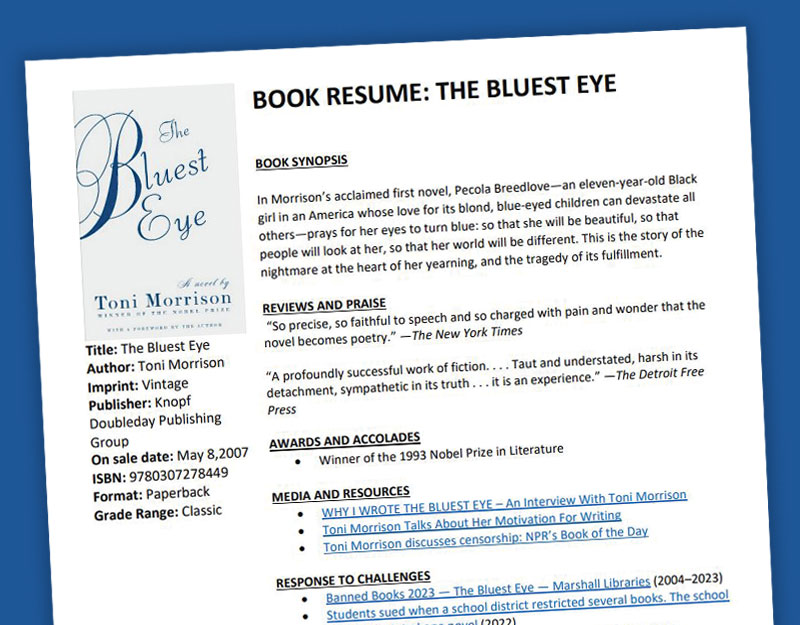
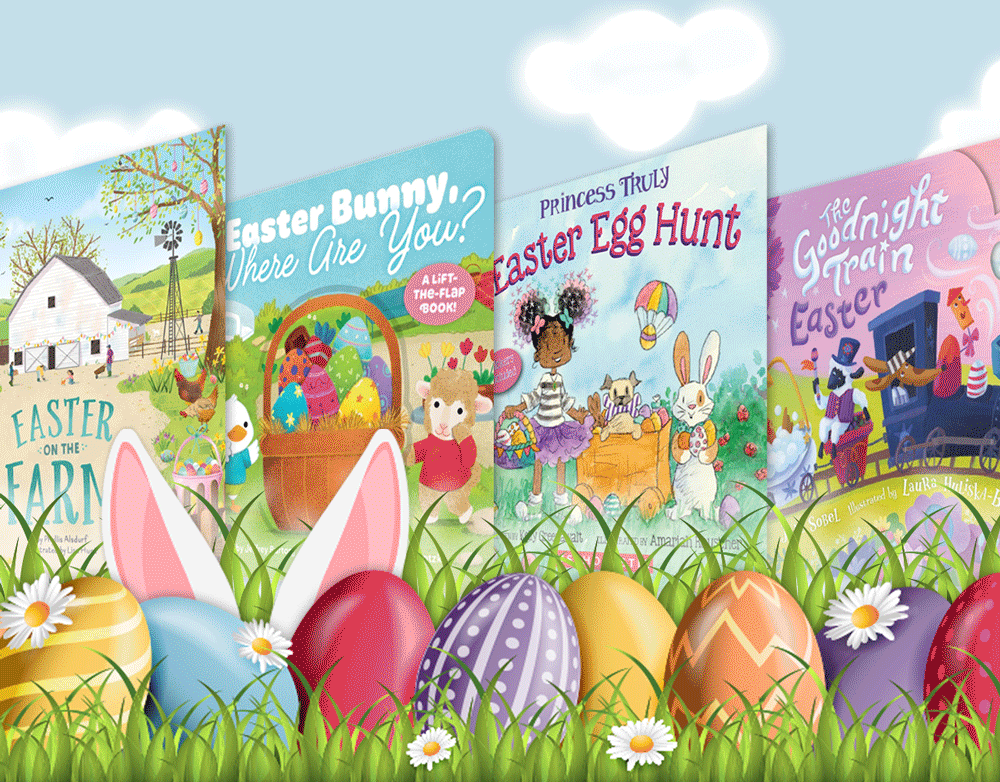
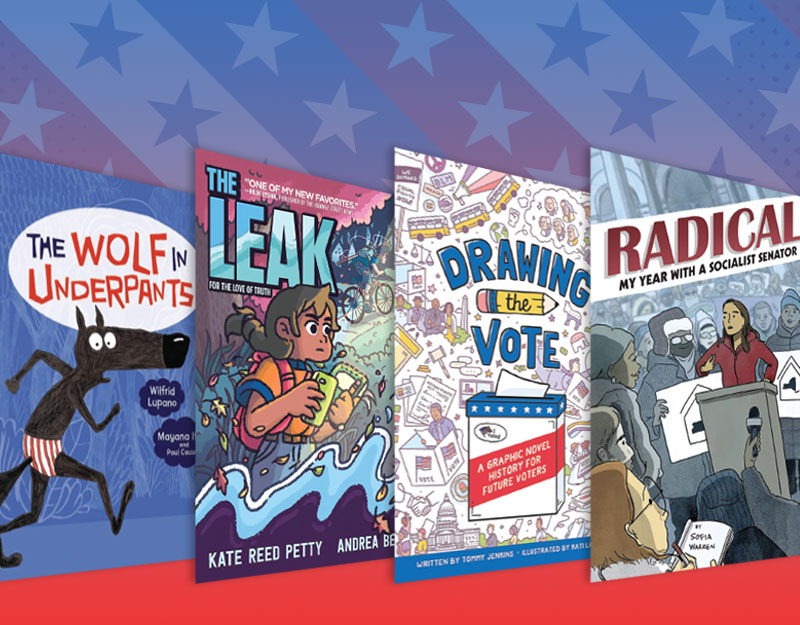
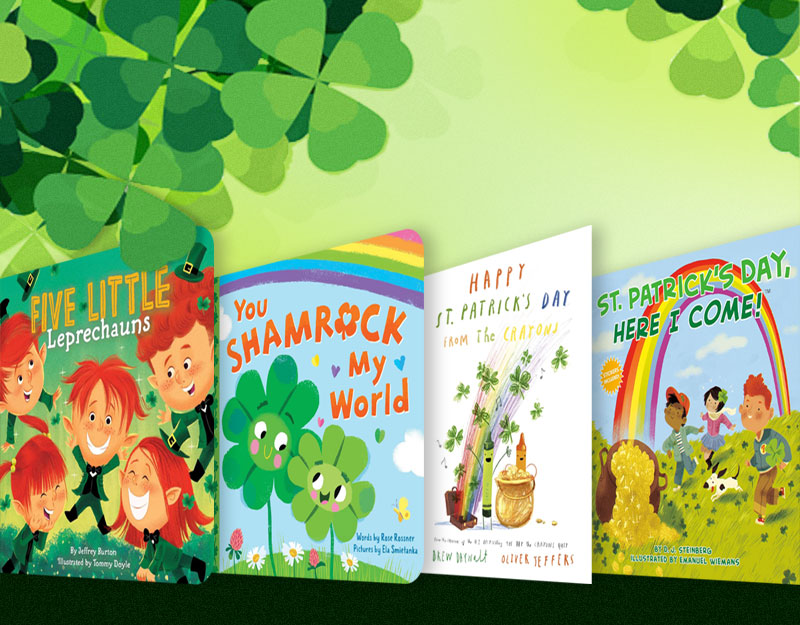
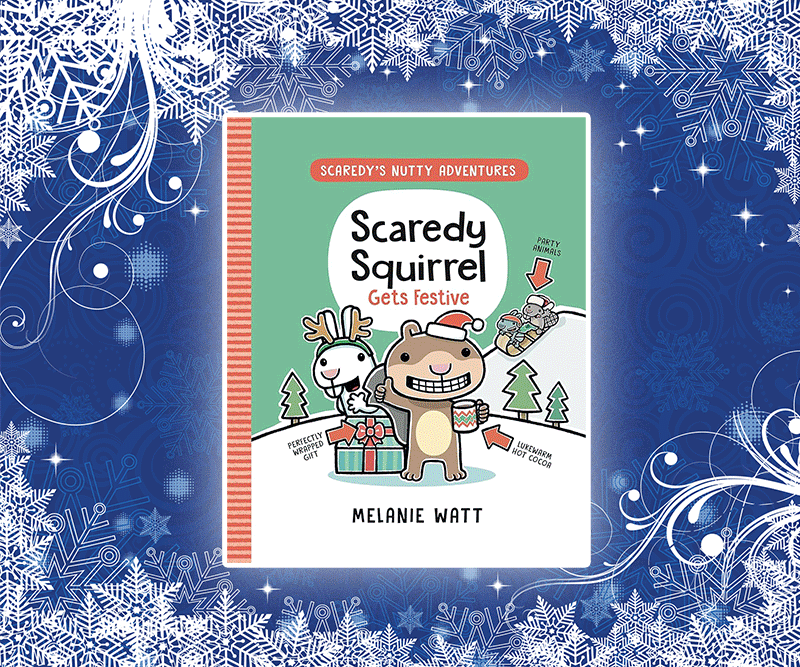
After 17 years in public ed, I’ve recently made the jump to an academic library (granted, a YA/children’s/education library within the university library, but still…)
In the past, during Banned Books week, I had to think critically about what I put on display. That is, as a the school librarian, I had to think, “If I draw attention to books that have been challenged, will that, indeed, inspire a parent to challenge them?” I often wrapped the books in caution tape or brown paper bags (with phrases like “Throw me in the fire!”) written on them. And though I survived two challenges myself, I was always acutely aware and ready to defend anything in my collection.
While finalizing my Banned Books display on Monday, I couldn’t help but think about the Cosby quandry (mostly because my mind wasn’t hyper focused on picking “the right” books – who’s going to challenge Eleanor & Park in a university library?). The university has some of the Little Bill books, and I waffled about putting them on display because the reasoning struck me as so stupid. Usually I can say to myself, “Ok, I can see *why* a parent would be upset about this. I don’t agree with it and I think it’s dumb, but…” And here I have these books that, while I think what the author did is abhorrent and in direct contradiction to the moral conclusions in his chapter books, I’m baffled by people wanting to ban them for that very reason.
The larger question I was ultimately grappling with was: When indeed to we remove the artist from the art? And, I guess, why should we remove the artist from the art?
I could drive myself crazy thinking about these things… thus the long, rambling response to your far more eloquent post.
PS: All this sorta reminded me of that ridiculous Bill Martin “Brown Bear” controversy from a few years ago that produced more than just a hearty eye roll from me.
(https://www.dallasnews.com/news/texas/2010/01/25/name-confusion-gets-kids-author-banned-from-texas-curriculum)
Thank you so much for this. Not simply because you’re the first commenter (apparently my post was so self-evident that no one has bothered to even think twice about it) but because the Cosby Quandry (as it should now be known) lends itself to questions about what is distasteful vs. offensive. Thank god Woody Allen never wrote a book for kids, eh?
*runs off to make sure that Woody never wrote a book for kids*
Oh, and I appreciate the mention of the Bill Martin controversy. That one is still one of my favorites. Bar none.
The Little Bill books were a non-issue for me. I weeded them years ago because they weren’t circulating.
Thanks for this post. For me as a librarian in Australia, the controversial author was Rolf Harris and for similar reasons.
I chose to weed his books.
The persona he presented in his books made him approachable and likeable and trustworthy: the very things that allowed him access to the children he abused. It was his celebrity that allowed him to be a successful author and allowed him access to children. I couldn’t separate the two. His books weren’t great literature, they were looking old and tired and my library lost nothing through weeding them.
I grieved a little. I had so enjoyed his shows as a child. I’d been jealous of the lucky kids who got to meet him. Turns out those of us who admired him from afar were more fortunate.
Is it wrong to ban books as an act of righteous indignation towards their author? By ripping his books asunder am I akin to those who would ban Harry Potter books on the grounds that they went against God? I don’t think so. No-one cared, no-one even noticed they were gone. No one knew except me.
Social niceties and standards change and so we keep books like Huckleberry Finn to allow us to see and reflect on these changes. But this seems different. Bad people can do good things; but in this case, the contradiction is profound and must have been done deliberately rather than out of ignorance. I imagine the victims wouldn’t want his books to be kept, wouldn’t want to see again the hypocrisy between words and deeds. As I see it, weeding his books was a small act of solidarity, offered for those he’s abused.
There are some similar cases with other authors, unfortunately. I was unfamiliar with Rolf Harris, but I know that William Mayne was a prolific author in my youth and was tried and found guilty of the same crime. Mayne has never appeared on a banned list, possibly because he was tried long after he was popular. Had Bill Cosby abused children I think we’d probably be having a very different conversation about his books. There is no absolute answer to any of this, I think.
I have a bulletin board with book covers covering it. Many of the titles can make folks uncomfortable, but I think it’s important to let students decide for themselves if they want to read a book or not.